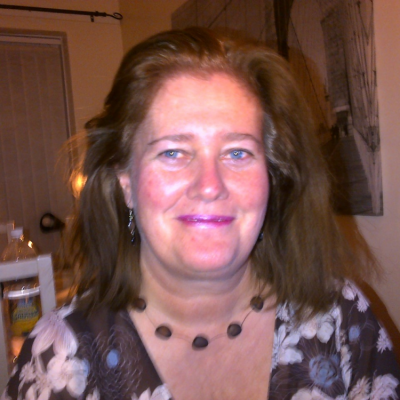Anticipatory grief: Understanding young carers woes
Having worked at two different centres supporting young carers in the Merseyside area, I have an understanding of the strengths as well as the difficulties that young carers face on a day-to-day basis. I have also worked at schools providing pre-bereavement (anticipatory grief) and bereavement counselling for young carers with parents residing at a local hospice supporting palliative care.

Young carers
A young carer is a young person aged 6 to 18 years of age who cares for a family member. There are many young carers across the UK looking after a loved one with a mental health condition, disability, short/long term illness or drug and alcohol problem. It can be difficult and challenging for young minds to cope with the day to day household tasks that they undertake before and after their school day.
More often than not young carers are from one-parent families – otherwise, their other parent would be on hand some of the time to support the family financially and physically with everyday living. However, if one parent is at work and depending on the severity of the parent at home with health/mental health issues the young person can then become the carer, even with having both parents residing at home.
In addition, some children and young people have two parents with particular needs - leaving them with double the responsibilities if they have no siblings old enough to share everyday jobs around the house.
Some young carers do not know what they are going to face each day when they come home from school or college. Perhaps Mum might have the tea on, or perhaps she is lying on the sofa again in her dressing gown due to her ‘problem.’
Childhood squashed. Having to ‘grow up’ before their time. Adulthood arriving at a younger age. This is the harsh reality of being a young carer.
Being hardened and astute from an early age in order to survive, problem-solving, practicality in accessing Maslow’s Hierarchy of Needs. Being aware of how to get credit on the ‘gas key’ from the local shop. Reading Mums moods, knowing this is not the night to invite a friend back. Knowing that the homework will have to be done later ‘after I have cooked tea’ because that is just the way it has to be. Remembering to remind Dad to take his meds and make sure he has remembered his appointment at the doctors tomorrow.
Young carers are scared to say what’s going on at home or how they really feel to teachers because they worry if social services might take them away from the person they care for.
Palliative care
Sadly, the role of a young carer can mean caring for a parent who is dying in relation to a long term illness such as cancer. The worries they have can manifest their thoughts and feelings into different levels of anxiety and depression, sometimes leading to self-harm or other risky behaviours.
A qualified counsellor or therapist can help young people during their caring role by listening to their anxieties, and in relation to pre-bereavement worries, sharing experiences and stories from other children and young people about what will happen to them once their loved one has passed on.
Young carers and their parents – 5 things you need to know
- You don’t have to suffer in silence.
- You are not the only one going through this.
- There will be brighter times ahead.
- Counsellors and therapists can listen to your anxieties and worries by helping you understand your thoughts and feelings.
- There are other services out there enabling you to have a respite from your caring role and meet other young carers in your area.

Find a therapist dealing with Bereavement
All therapists are verified professionals






